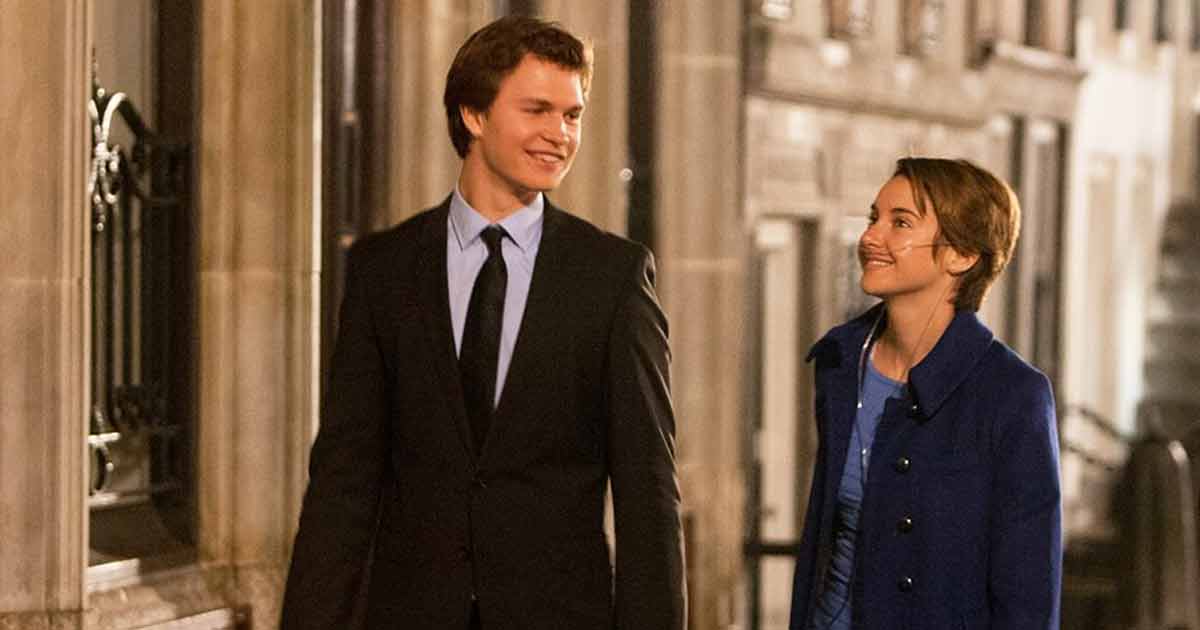When the credits rolled on The Fault in Our Stars, many viewers were left reaching for tissues and wondering: was that ending necessary? For a lot of us, Gus seemed perfectly fine, a rock of support for Hazel, who grappled with her cancer struggles. He was charming, witty, and always there to light up her world. Their connection blossomed in Amsterdam, where Gus offered Hazel the romance and normalcy she’d craved. But then came the gut punch—his death. Yes, it was heartbreaking, yet there was a certain beauty in it, a reminder of the unpredictability of cancer and how all we truly have is now.
Hazel herself set the tone for the film with a poignant line: “I believe we have a choice in this world about how to tell sad stories.” While it’s tempting to sugarcoat the ugly truths, she mused that the real story isn’t always a fairy tale. This sentiment wasn’t originally in John Green’s novel, where Hazel used humor to push back against the “sick-lit” stereotype. Instead of wallowing in despair, she and Gus defied expectations, opting to make light of their complex realities.
However, the film version felt more like a melodrama than an accurate representation of their lives. Director Josh Boone captured the novel’s charm and wrapped it in a Hollywood gloss that detracted from its core message. The film focused more on Gus’s tragic demise than the complex lives of two teenagers living with illness. Sure, Woodley and Elgort shined, but they came across as glamorized versions of themselves, stripped of the gritty truths that defined their characters in the book.
The film’s emotional weight, crafted to elicit tears, often felt calculated. It skipped the raw, candid moments—like Hazel’s breathing machine or the haunting backstory of Gus’s late girlfriend—robbing the characters of their depth. The absence of foreshadowing made Gus’s fate feel like a shock rather than a heartbreaking inevitability.
Ultimately, the film’s tear-jerking scenes masked the nuanced storytelling that resonated in Green’s novel. While many fans appreciated the cinematic adaptation, they missed the layers of vulnerability and wit that made Hazel and Gus relatable. Ultimately, the movie might have been a pretty package, but the essence of their story? That was better left in the pages.
Follow Koimoi for more such Hollywood updates.
Must Read: That Time Chris Pratt Landed His Breakout Role in Guardians of the Galaxy—Here’s Why Marvel Took a Chance on Him!
Follow Us: Facebook | Instagram | Twitter | Youtube | Google News







